Nothing ruins a relaxing evening outdoors like buzzing, biting mosquitoes. Fortunately, nature has a beautiful solution citronella plants. Known for their fresh, citrusy scent, these plants not only help repel mosquitoes naturally, but also add lush greenery and charm to your garden, patio, or balcony. While citronella oil is commonly found in candles and sprays, growing the plant versions offers a more sustainable and stylish defense. Here are 10 attractive citronella plants that help keep mosquitoes at bay in serious style.
1. Citronella Grass (Cymbopogon nardus)
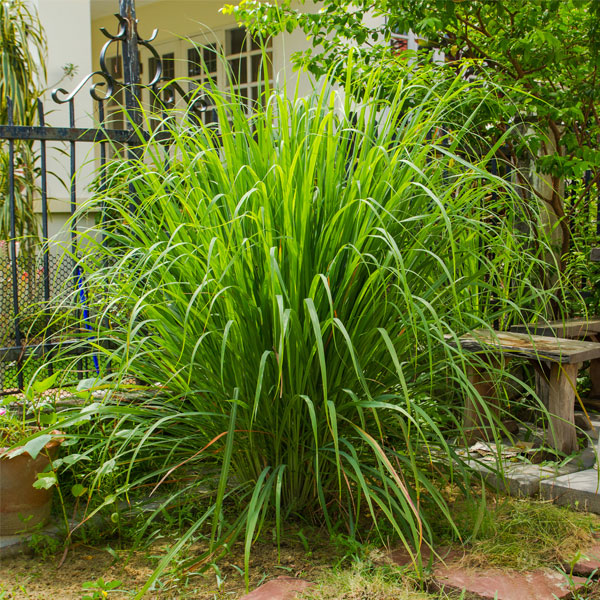
The original mosquito-repelling superstar.
This tall, clumping grass is the true source of citronella oil used in many insect-repelling products. With a fresh lemon scent and graceful blade-like foliage, citronella grass brings elegance to garden borders or large containers. It thrives in full sun and well-drained soil. Crush the leaves to release their potent oils for even more protection. Not only functional, but also adds texture and movement to your landscape.
2. Citrosa Geranium (Pelargonium ‘Citrosum’)

The popular “mosquito plant” with pretty blooms.
Often marketed as the “mosquito plant,” this scented geranium isn’t a true citronella source but does give off a lemony fragrance that mosquitoes dislike. It has finely cut leaves and small purple flowers, adding a decorative touch to patios and porches. It does best in full sun and containers, making it easy to move where needed. Rub the leaves for an added burst of aroma and insect-repelling power.
3. Lemongrass (Cymbopogon citratus)

A culinary and mosquito-fighting favorite.
Closely related to citronella grass, lemongrass has the same mosquito-repelling properties — plus it’s a kitchen essential in Southeast Asian cuisine. Its tall, arching stalks emit a zesty fragrance that insects find unpleasant. Grow it in a sunny spot or large container, and harvest the stalks for soups and teas. It’s practical, aromatic, and perfect for herb gardens or modern outdoor spaces.
4. Lemon Balm (Melissa officinalis)
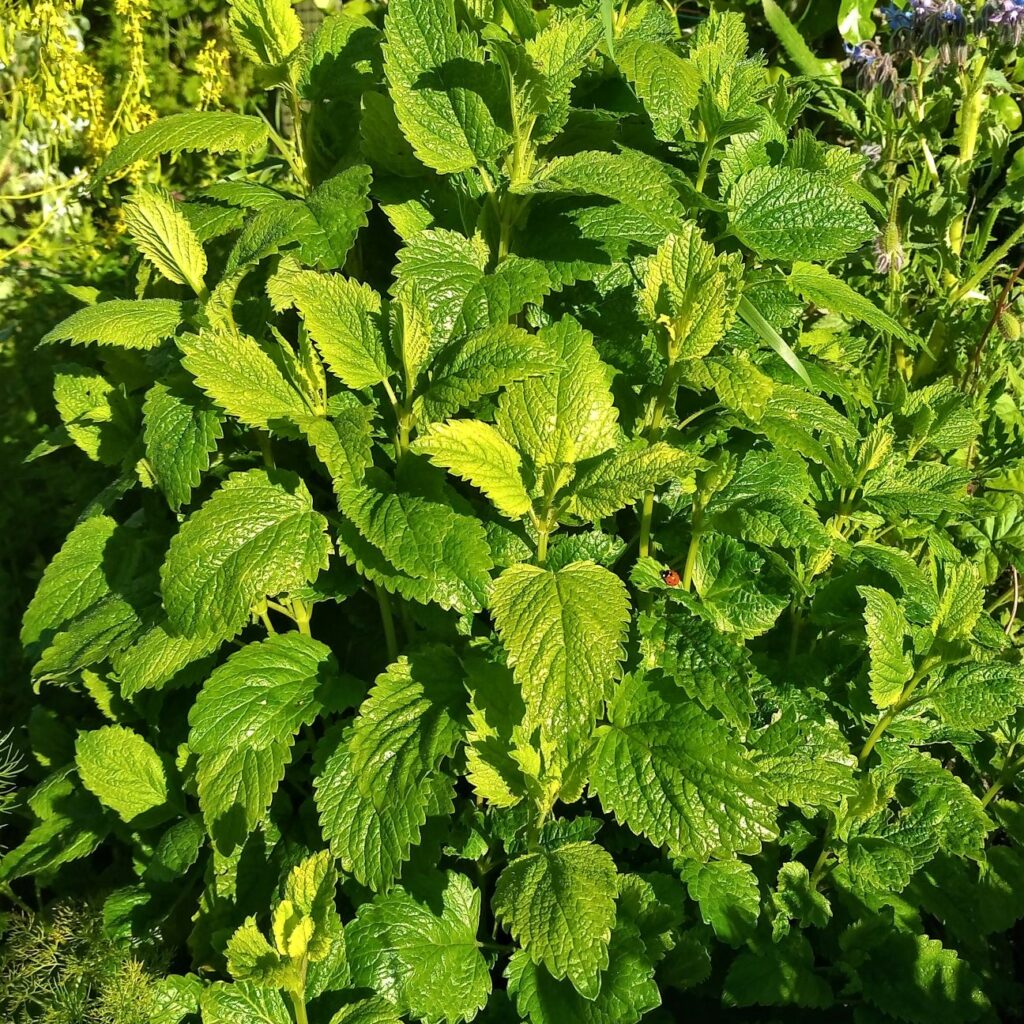
Soothing for you, irritating for mosquitoes.
This hardy herb from the mint family has a mild lemon scent that’s pleasant to people but repulsive to mosquitoes. Lemon balm grows in mounds with bright green leaves and tiny white flowers. It spreads quickly in the garden, making it a natural ground cover or border filler. It also works beautifully in containers. Bonus: it’s calming when brewed into tea.
5. Lemon Thyme (Thymus citriodorus)

Compact, fragrant, and highly ornamental.
Lemon thyme is a charming low-growing herb with a citrusy scent and delicate leaves. It’s great in rock gardens, borders, or as a fragrant ground cover around patios. While not as strong a mosquito repellent as citronella grass, it still emits lemony oils when touched. Its edible leaves are great in cooking, and its pinkish flowers attract pollinators but not pests.
6. Lemon Verbena (Aloysia citrodora)
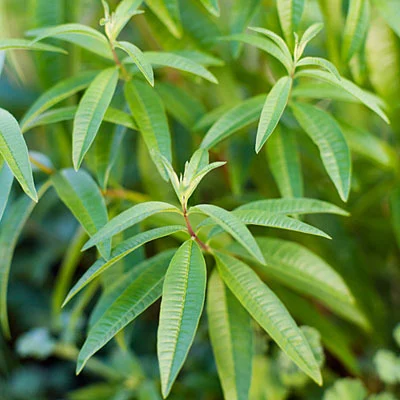
Elegant fragrance with towering beauty.
With its slender, pointed leaves and lemon-drop aroma, lemon verbena is an underappreciated gem for mosquito control. This upright shrub can grow 3–6 feet tall, making it perfect for large pots or as a garden backdrop. Its lemony oils are strong enough to deter mosquitoes and are also excellent in teas and homemade cleaners. It needs full sun and regular pruning to stay tidy.
7. Lavender (Lavandula angustifolia)
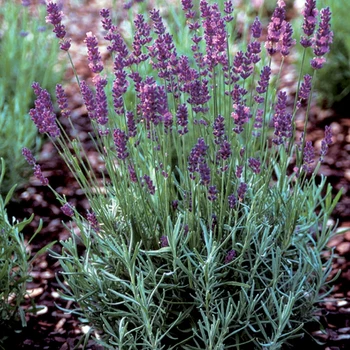
Calming scent, powerful repellent.
Though not a citronella plant per se, lavender’s essential oils including linalool are known to repel mosquitoes, flies, and even moths. Its fragrant purple blooms and silvery foliage add beauty to any garden or balcony. Lavender thrives in sunny, dry areas and brings both style and scent to your mosquito-fighting arsenal. Place it near seating areas for maximum effect.
8. Basil (Ocimum basilicum ‘Lemon’)
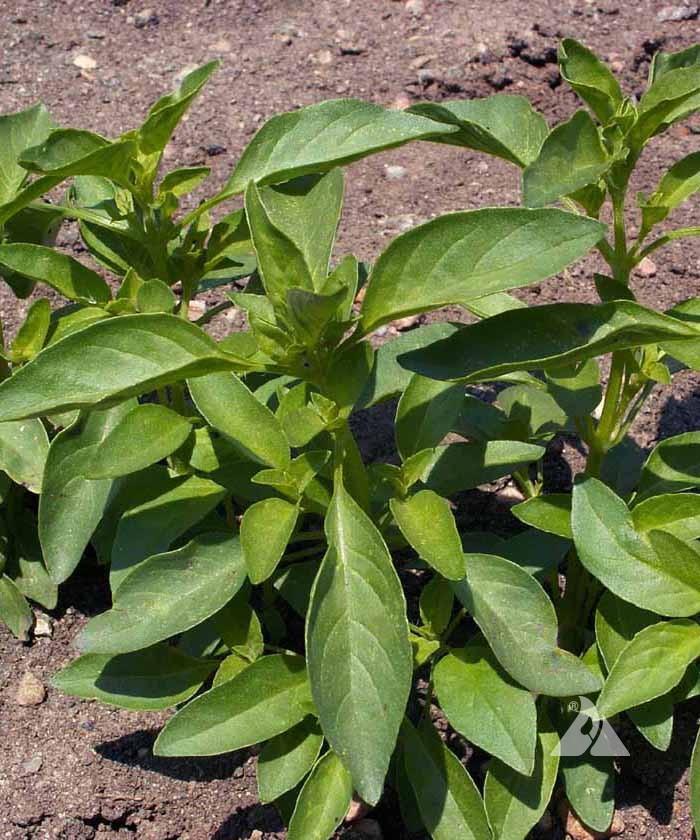
Lemon-scented herb with multitasking power.
Lemon basil is a citrusy twist on the classic kitchen herb. It repels mosquitoes while pulling double duty in the kitchen especially for dishes that benefit from a lemony lift. Compact and easy to grow in pots or raised beds, it’s great near doorways or outdoor dining areas. Crush a few leaves and rub them on your skin for a quick natural repellent.
9. Bee Balm (Monarda citriodora)
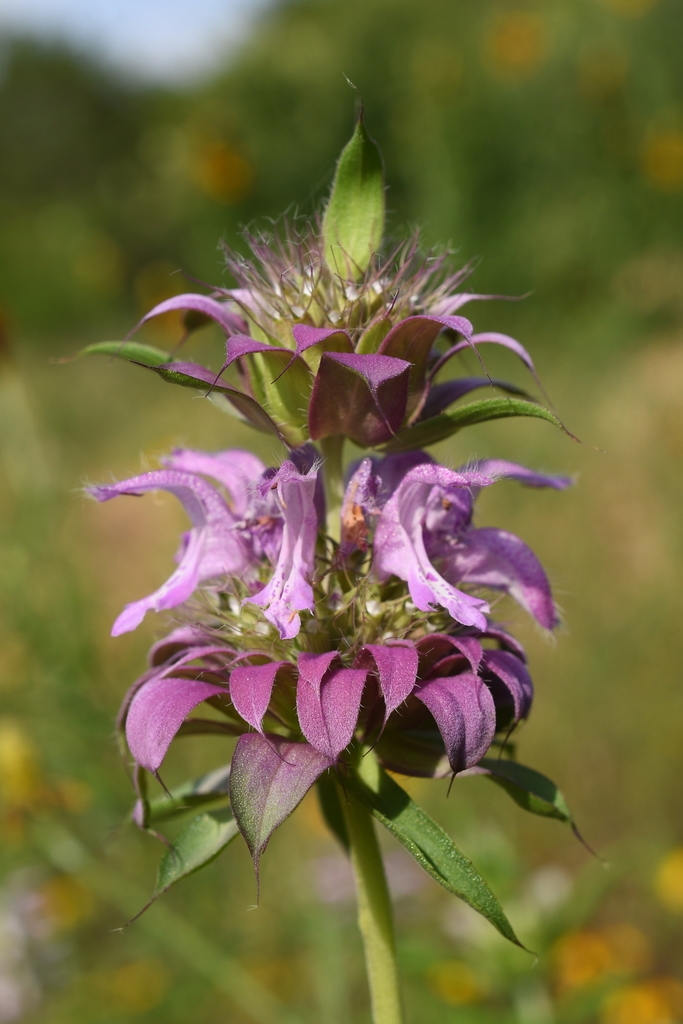
Wildflower beauty with a citrus punch.
Also called lemon bee balm, this native wildflower emits a lemony-mint fragrance that deters mosquitoes while attracting pollinators like bees and butterflies. Its spiky purple blooms add vertical interest and a touch of whimsy to flower beds. Easy to grow and drought-tolerant, bee balm is perfect for cottage gardens or prairie-style landscapes. A natural deterrent with undeniable curb appeal.
10. Eucalyptus (Eucalyptus citriodora)

A bold choice with serious mosquito-fighting power.
Also known as lemon-scented gum, this eucalyptus species has strongly fragrant, citronella-like leaves. It can grow quite tall outdoors in warm climates but can also be kept in large pots and pruned regularly. Its essential oils are used in natural repellents, and its silvery foliage adds sophistication to modern gardens. Not just a deterrent it’s a statement plant.

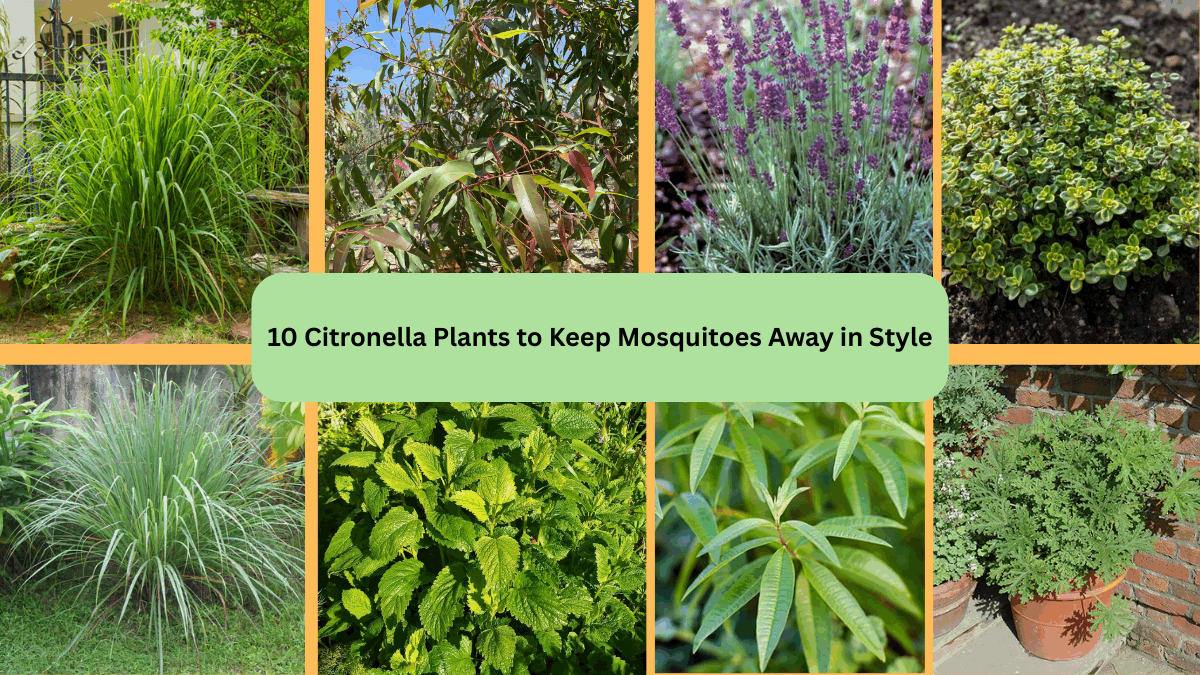




Leave A Comment